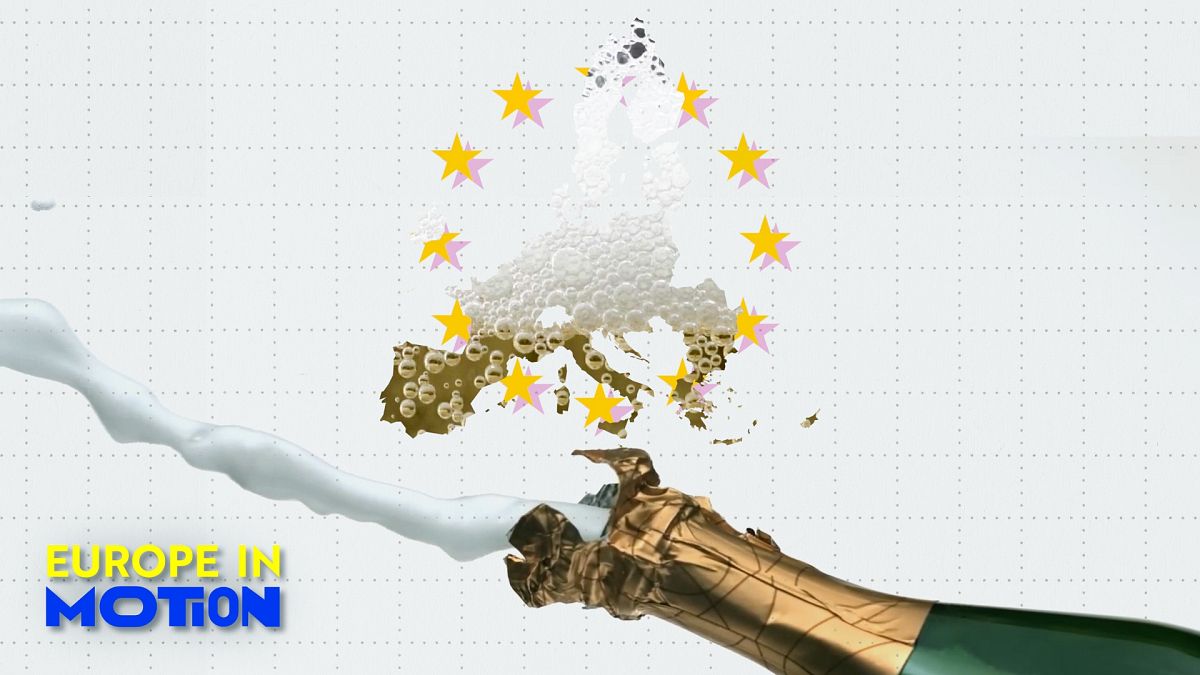In 2023, the EU saw an 8% decrease in sparkling wine production and exports, with Italy’s Prosecco leading the way in bubbly wine exports, surpassing French Champagne. The EU produced 1.496 billion litres of sparkling wine from fresh grapes, with Italy, France, and Germany being the top producers. Italy exported 600 million litres of sparkling wine to non-EU countries, with Prosecco capturing nearly half of the market. Climate change is believed to be a contributing factor to the decline in production, with extreme weather affecting grape yields in Italy and Spain.
Heavy rains, droughts, and storms exacerbated by climate change are causing a decline in grape yields in Italy, putting Prosecco production at risk, with a 20% decrease expected. Spain’s Cava is also under threat due to severe droughts affecting many villages in Catalonia. There are calls for the Spanish government to implement irrigation schemes and other solutions to tackle future droughts. Catalonia’s regional government has announced a €2.3 billion investment plan by 2040, including a €200 million seawater desalination plant on the Costa Brava, to address chronic water shortages.
Despite challenges posed by climate change, the sparkling wine industry continues to thrive in the EU, with Italy leading production and exports of Prosecco. The decline in production and exports in 2023 highlights the impact of extreme weather conditions on grape yields and overall wine production. With New Year’s approaching, many individuals look forward to raising a glass of sparkling wine to celebrate, but there may be fewer bottles available due to the decrease in production.
As climate change continues to pose a threat to grape yields and wine production in Italy and Spain, stakeholders are calling for government intervention and sustainable solutions to address chronic water shortages and extreme weather conditions. While major companies in the wine industry remain cautiously optimistic about future production, proactive measures such as irrigation schemes and desalination plants are needed to ensure the long-term sustainability of the sparkling wine industry in the EU. The EU’s position as a leader in sparkling wine exports highlights the importance of addressing climate change and ensuring the resilience of wine production in the face of environmental challenges.
















